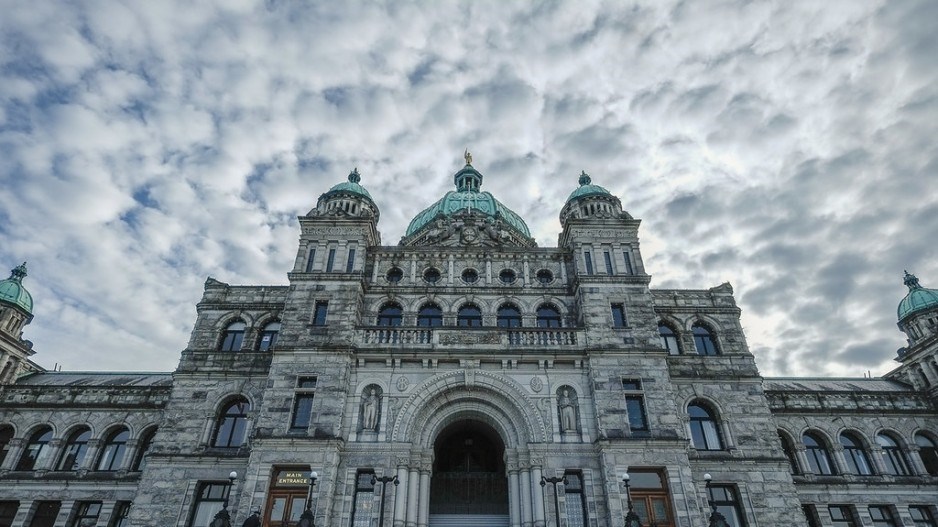B.C. Finance Minister Katrine Conroy settled on the word "resilient" in describing the state of the provincial economy when she released the first quarterly financial update last week.
However, a deep dive into the report's fine print reveals an economy that is slowing down at a considerable rate compared to the past two years, a time frame that saw that same economy roar back to life from the bleak times that marked the beginning of the pandemic.
While we don't appear to headed for a recession, the economic growth forecast has been cut in half, to just 0.8 per cent next year. Last year, economic growth chugged along at an impressive 3.3 per cent rate.
Conroy's ministry staff has forecast that almost every important economic indicator will weaken or moderate next year.
Consumer spending "has moderated" while consumer "sentiment" has "weakened", the growth of the labour market has "eased", the tourism sector "has moderated" and overall, "the pandemic rebound has faded."
All this translates to a rising unemployment rate and less economic activity. The unemployment rate is expected to be nudging six per cent next year, up from the historical lows of two years ago.
About 30,000 jobs are expected to be created next year, down from this year's level of 47,000.
And for all the government's emphasis when it comes to making at least a dent in the housing crisis, the rate of constructing new homes is actually forecast to decline next year.
"The Ministry prudently expects B.C. housing starts to total approximately 46,700 units in 2023, 42,100 in 2024 and 40,000 units per year over the medium term," the report states (although it should be noted housing starts often exceed the ministry’s annual forecasts).
The good news is that next year is expected to be a bottoming out kind of year, with growth rates all expected to rise again the following years.
Nevertheless, it is hard to see how the government will get its financial books back into the black any time soon.
The quarterly report is now projecting a budget deficit of $6.7 billion this year, up $2.5 billion over the original estimate, followed by at least two more years of deficits of more than $3 billion annually.
Of course, the NDP government has produced miracle surpluses even while projecting deficits almost until the end of the fiscal year, and it has built in more than $5 billion in contingency spending into the current budget.
However, those budget deficits turned into surpluses when the economy was roaring along. It’s hard to see that kind of reversal happening when economic growth is expected to decline.
The huge increase in this year's expected deficit resulted from two areas of spending and revenue the government has no real control over.
On the spending side, the cost of fighting wildfires will hit almost $1 billion, which is $750 million higher than the original budget estimate.
And natural gas royalties, a notoriously volatile figure at the best of times, are expected to be $1.2 billion lower than anticipated. These kinds of budget sticker shocks are not unusual, making future miracles of balancing the books even more unlikely (not that a good portion of the public seems to care one way or another).
B.C.'s economy may indeed be "resilient" right now, but it is far from clear whether the finance minister will be using the same word when she brings down her next budget in February.
Keith Baldrey is chief political reporter for Global BC.

.jpg;w=120;h=80;mode=crop)


